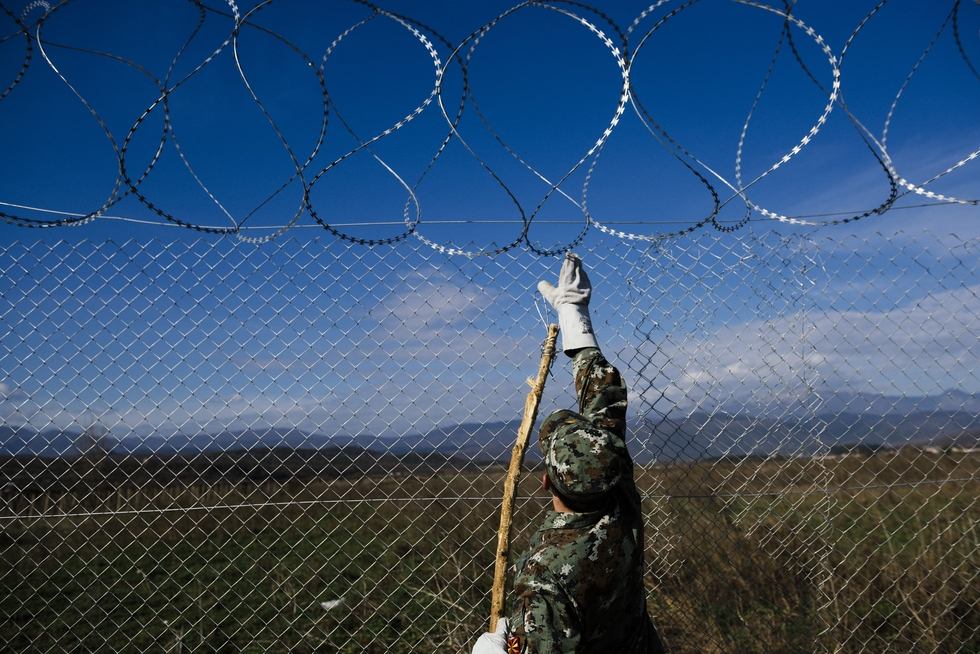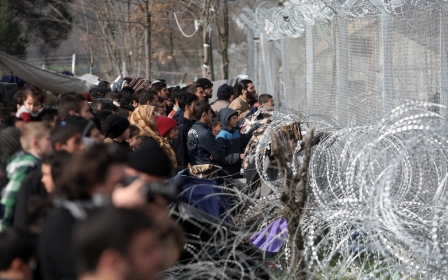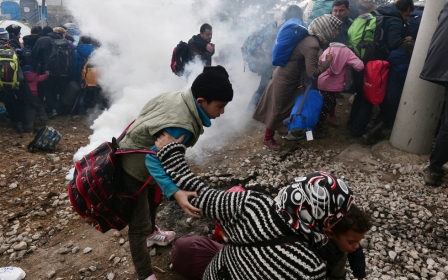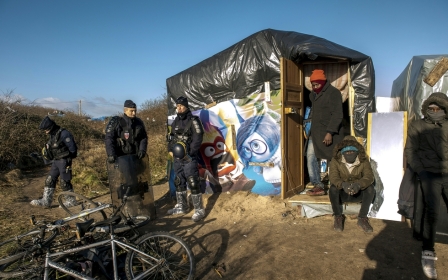EU unveils $750mn fund to counter growing refugee crisis

The EU on Wednesday unveiled a $750mn emergency aid plan for Greece and other states hit by the migrant crisis, in what would be the first time humanitarian cash has been used within Europe instead of outside the bloc.
The UN has warned of a looming "self-induced" humanitarian crisis as thousands of refugees are stuck in winter misery at the Greece-Macedonia border after a domino effect of Balkan border closures.
Greece is the main entry point for the 1.13 million people who entered the EU since the start of 2015. The number of refugees and migrants who have reached Greece and the Balkans so far this year is more than 110,000.
"No time can be lost in deploying all means possible to prevent humanitarian suffering within our own borders," EU Humanitarian Aid Commissioner Christos Stylianides said as he announced the aid plan.
The funds would be allocated over three years, with $325mn in 2016, and $212mn in each of the following years under the plan, which must be approved by member states and the European Parliament.
The EU would also work directly with the UN and other aid agencies in Europe, in another first.
Greece - which insists it will not become "Europe's Lebanon" by hosting all of the migrants coming to the continent - has asked for around $520mn to help shelter 100,000 refugees.
The announcement comes as Macedonia allowed 200 refugees to cross its border with Greece on Wednesday as 10,000 more were left waiting at the border under miserable conditions.
It was the first group of Syrians and Iraqis permitted to continue their journey to Europe since dawn on Monday, when another 300 were let through before the frontier was closed.
With anger mounting, hundreds then tried to break through the fence but were blocked by Macedonian police who fired tear gas at them, prompting an angry response from the EU.
Since then, Skopje has deployed additional police and troops to the border as a "protective" measure, officials said.
At the Greek border crossing of Idomeni, local officials said there were 7,000 people in two camps operated by aid groups, with another 3,000 camping in the surrounding fields.
Over the past few days, aid groups have reported a shortage of food and tents, warning that the wet weather was taking a toll on the refugees, many of whom have children.
The European Union will on Wednesday announce plans for emergency aid to Greece which is struggling to cope after Austria and the Balkan states imposed a tight daily limit on the number of migrants allowed into their territory.
New MEE newsletter: Jerusalem Dispatch
Sign up to get the latest insights and analysis on Israel-Palestine, alongside Turkey Unpacked and other MEE newsletters
Middle East Eye delivers independent and unrivalled coverage and analysis of the Middle East, North Africa and beyond. To learn more about republishing this content and the associated fees, please fill out this form. More about MEE can be found here.





